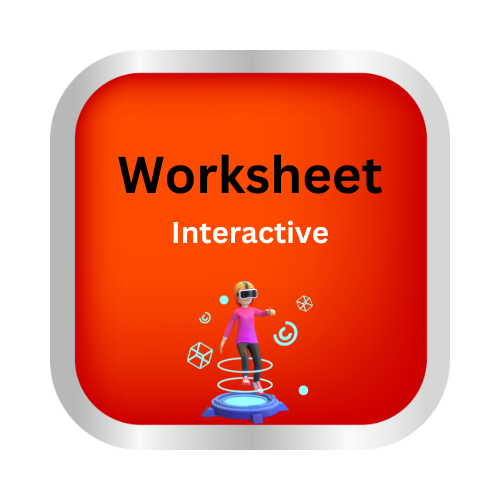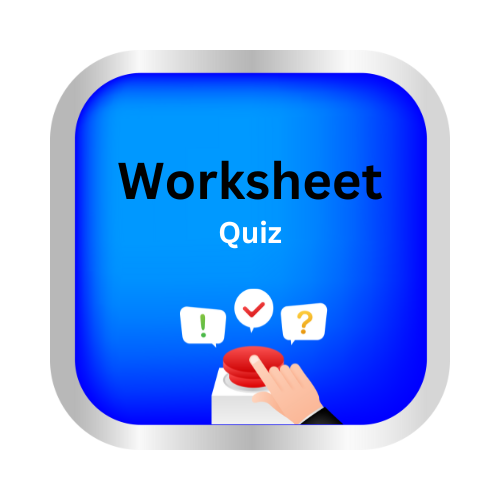Determine the meaning of words using synonyms in context
Key Notes:
| What are Synonyms? |
Synonyms are words that have almost the same meaning. For example:
- Happy = Glad
- Big = Large
- Sad = Unhappy
Knowing synonyms can help you understand new words when you see them in a sentence.
| How Synonyms Help Us |
When you come across a word you don’t know, look for other words in the sentence that might be synonyms. These synonyms can give you clues about the meaning of the unknown word. This is called using context clues.
| Examples |
Let’s look at some examples:
The dog was ecstatic; his tail wagged furiously as he jumped around, clearly very happy.
- What does ecstatic mean? The sentence tells us the dog was ‘very happy’. Happy is a synonym for ecstatic, so we know ecstatic means very happy!
The old house was dilapidated; the roof was falling apart, and the walls were crumbling.
- What does dilapidated mean? The sentence tells us the roof was falling apart and the walls were crumbling. These descriptions suggest that dilapidated means run-down or in poor condition.
| Let’s Practice! |
Read the sentences below and try to figure out the meaning of the underlined word using the synonym in the sentence:
The food was so delicious; everyone loved the tasty flavors.
- What does delicious mean?
The little boy was timid; he was scared to talk to new people.
- What does timid mean?
The movie was so hilarious; we were all laughing so hard.
- What does hilarious mean?
| More Practice |
Now, let’s try writing our own sentences. Use a synonym to help explain the meaning of the following words:
- Gloomy
- Enormous
- Brave
| Summary |
Today, we learned how to use synonyms to understand new words in a sentence. By looking for words with similar meanings, we can unlock the meaning of unfamiliar words and become better readers!
Let’s practice!

